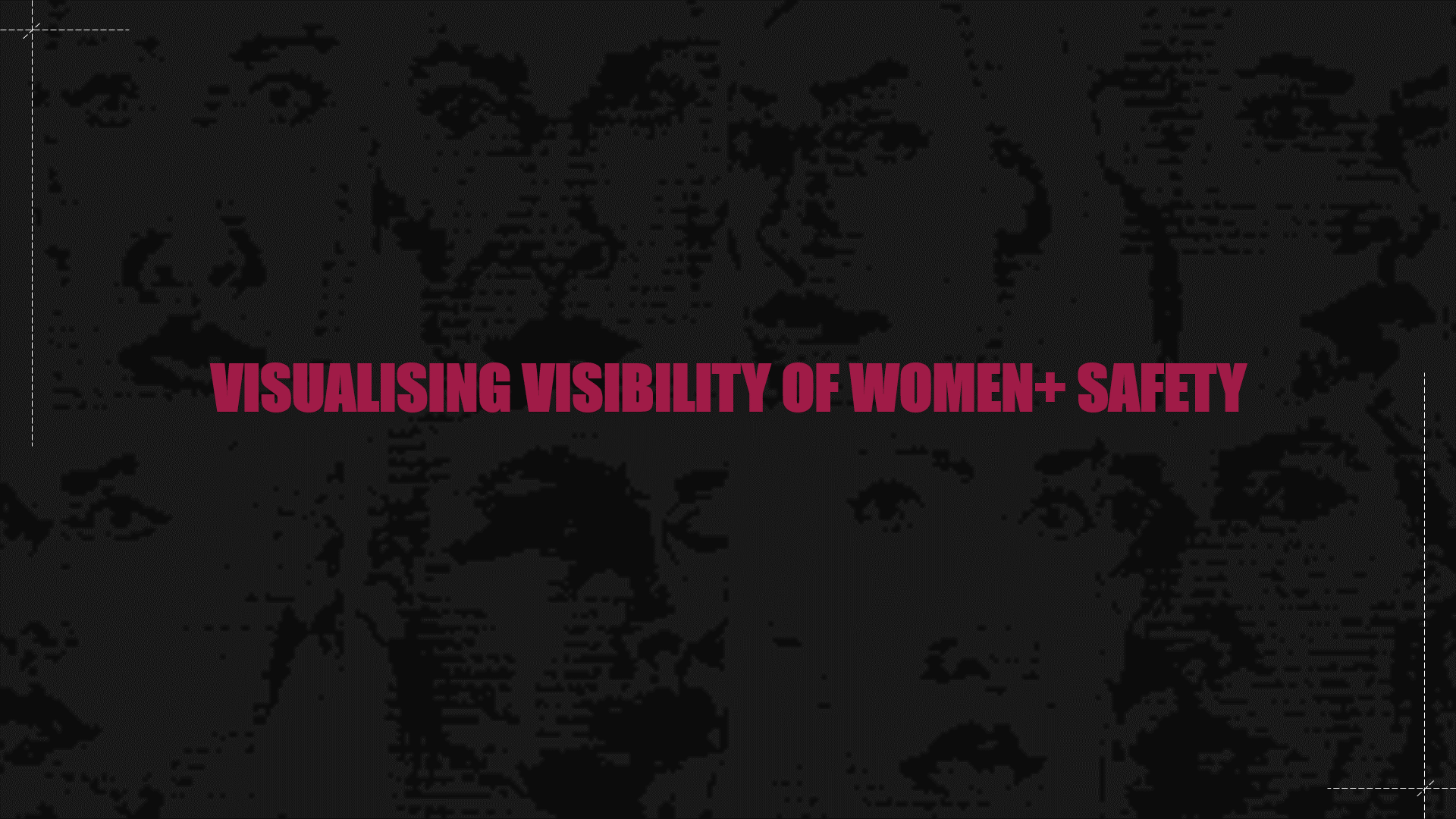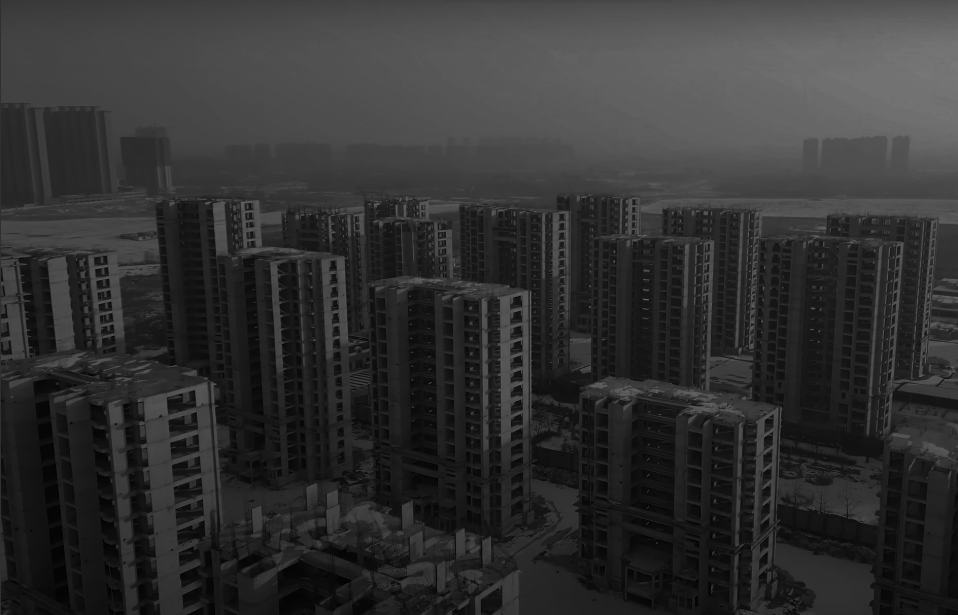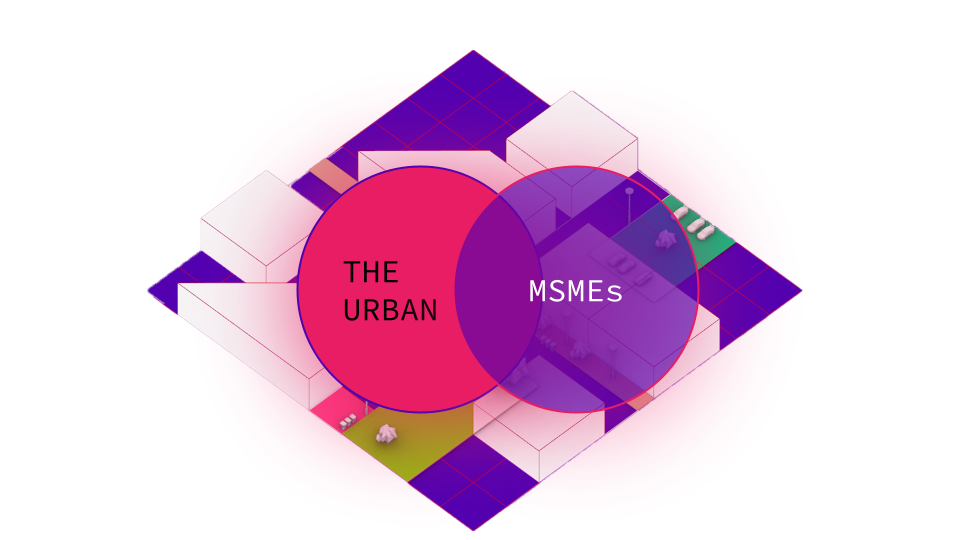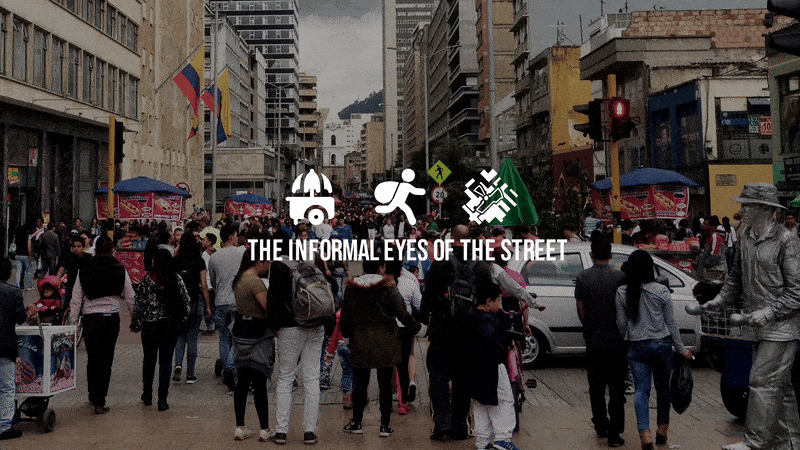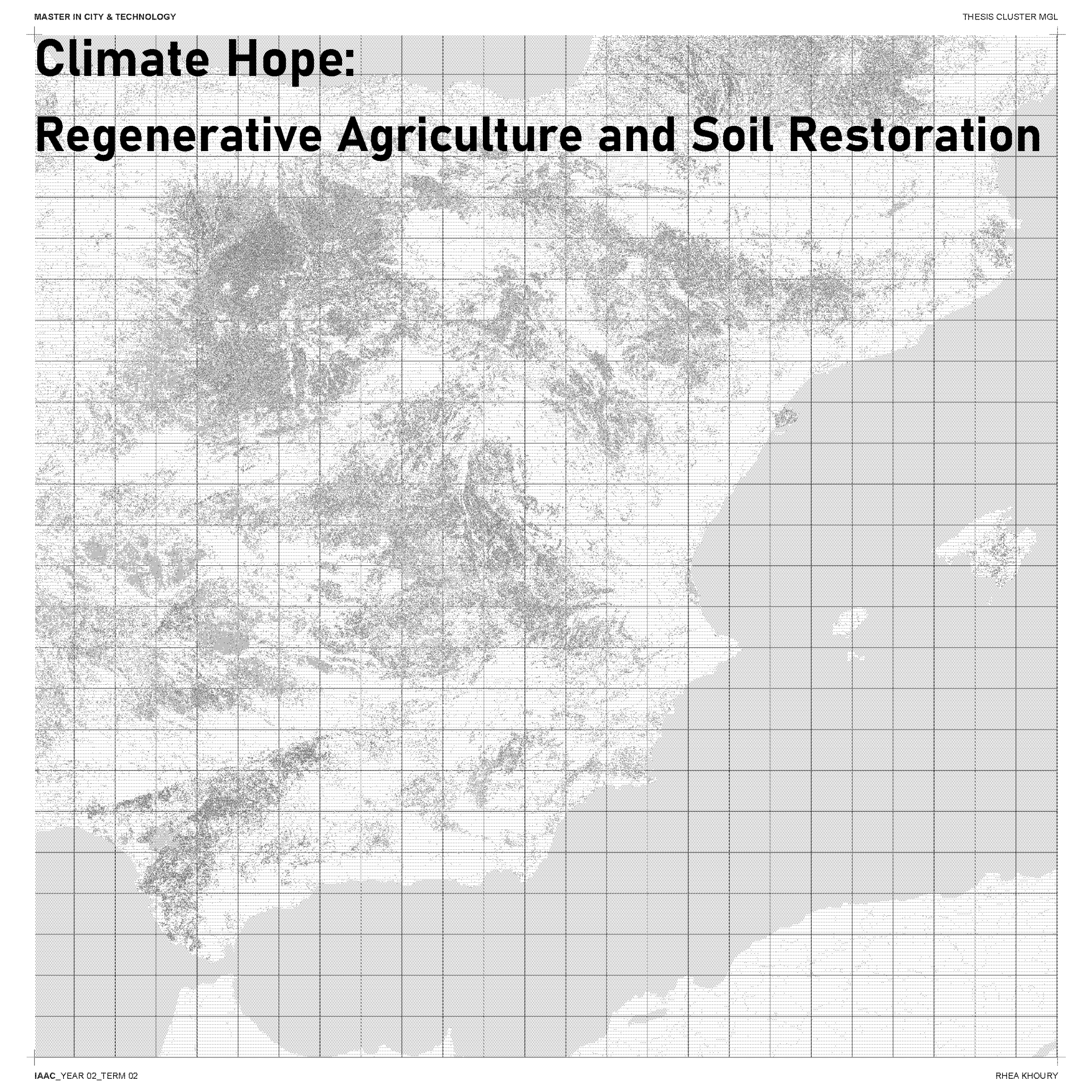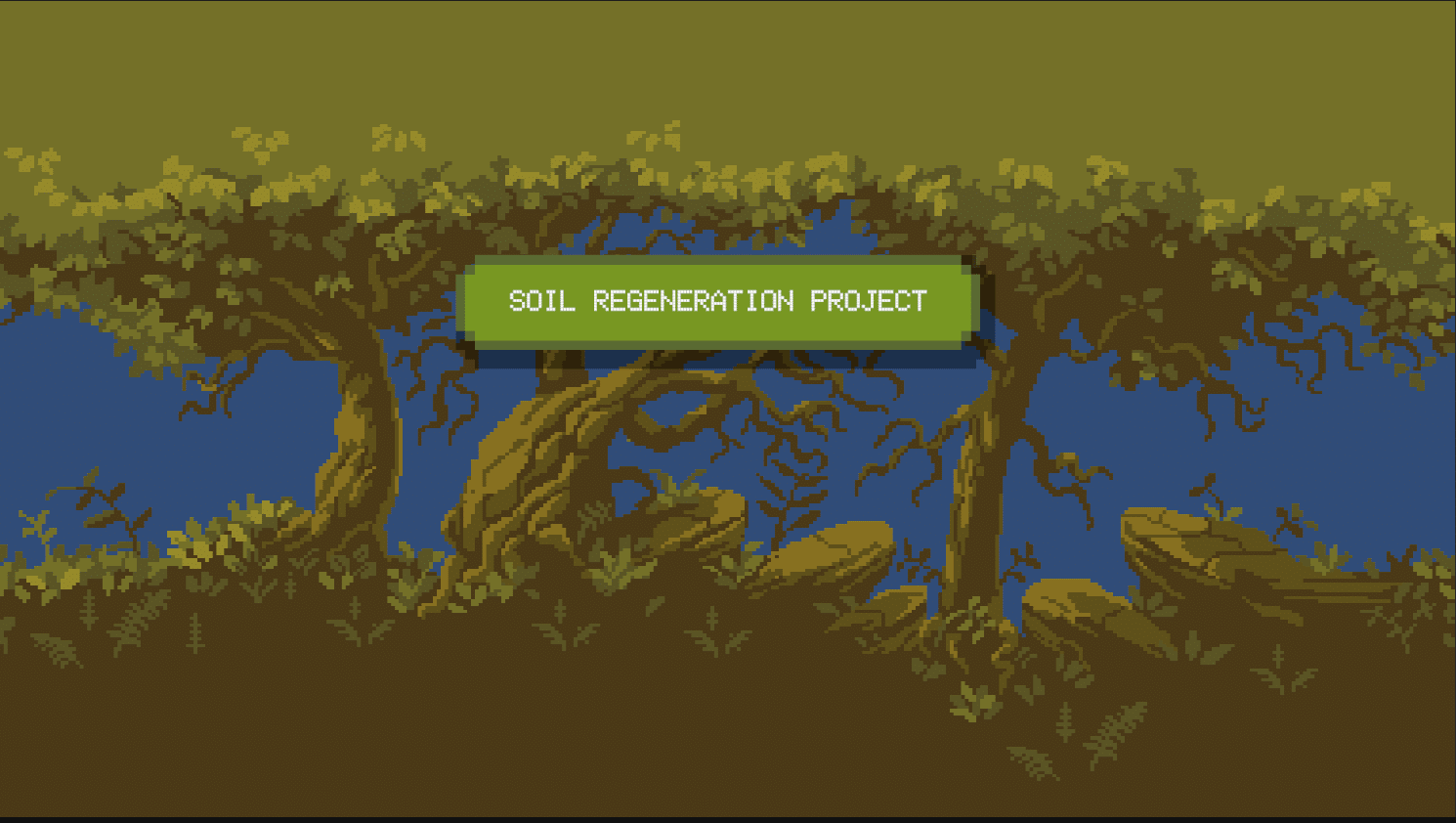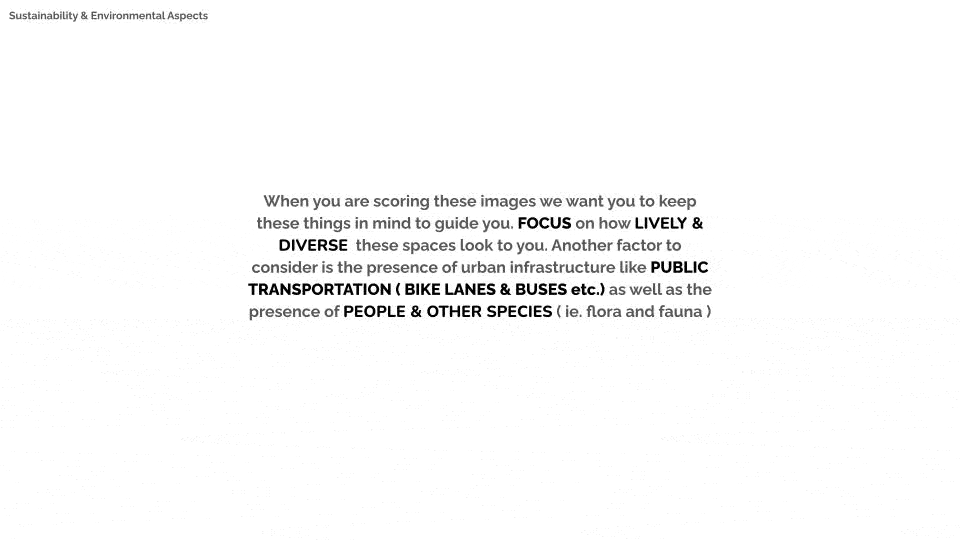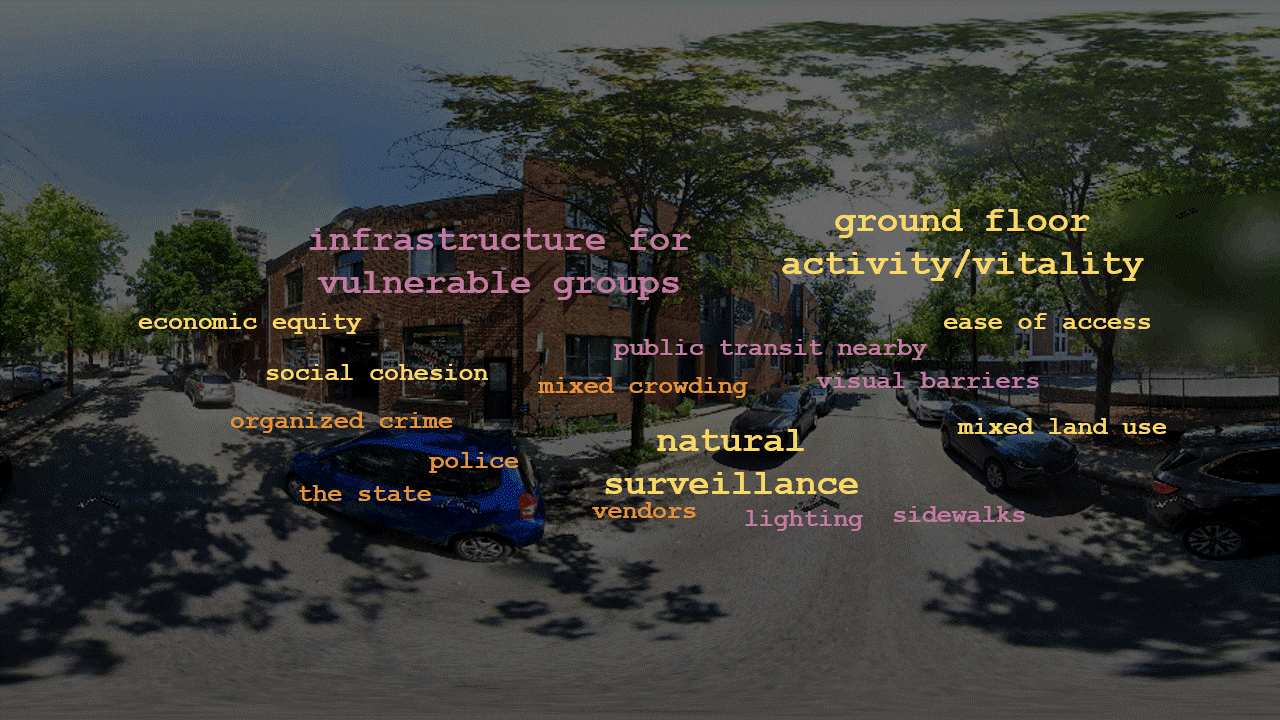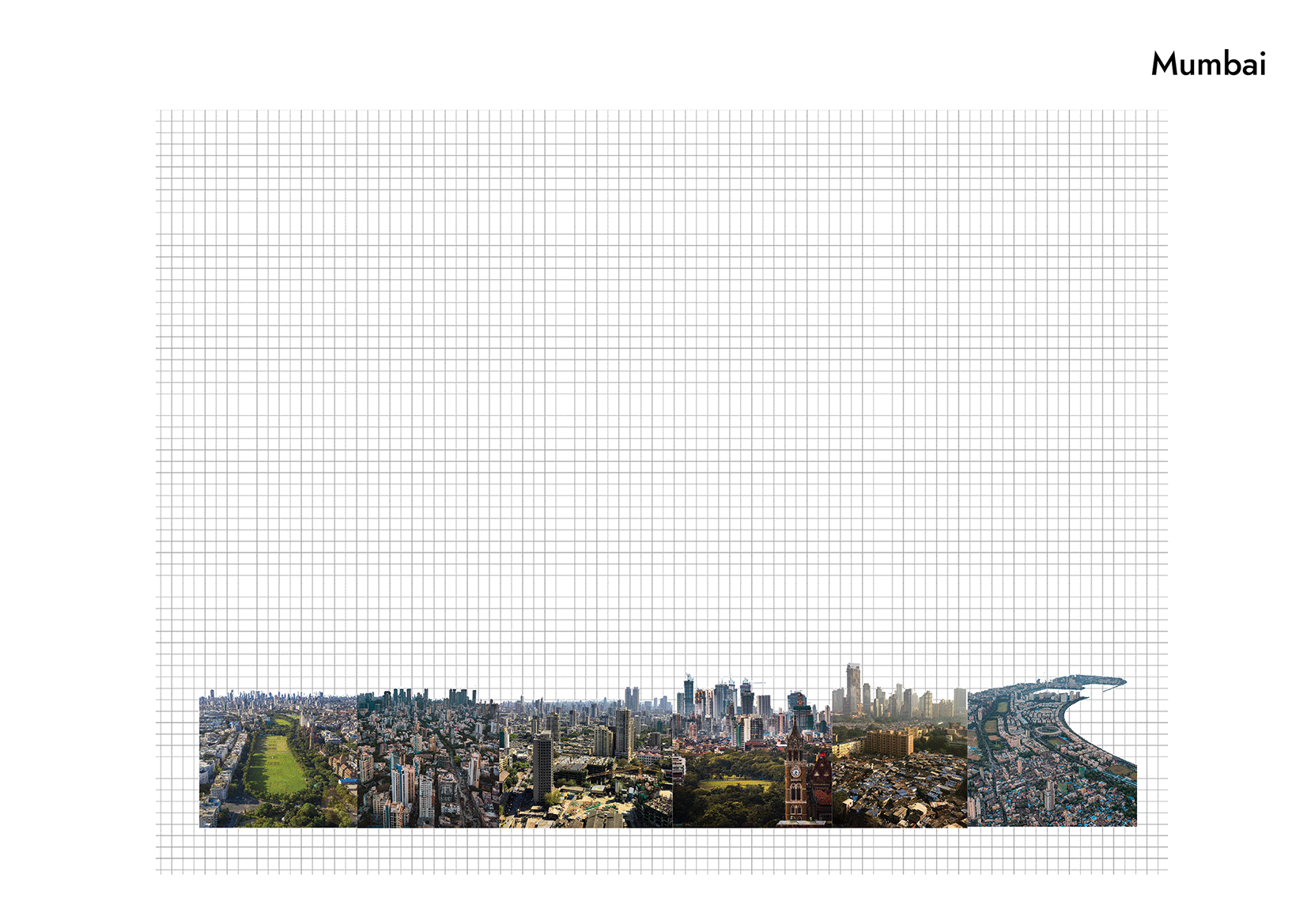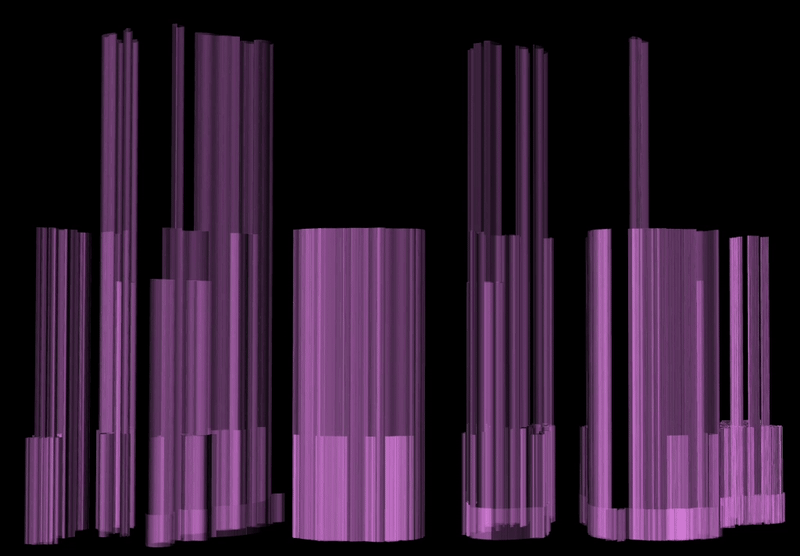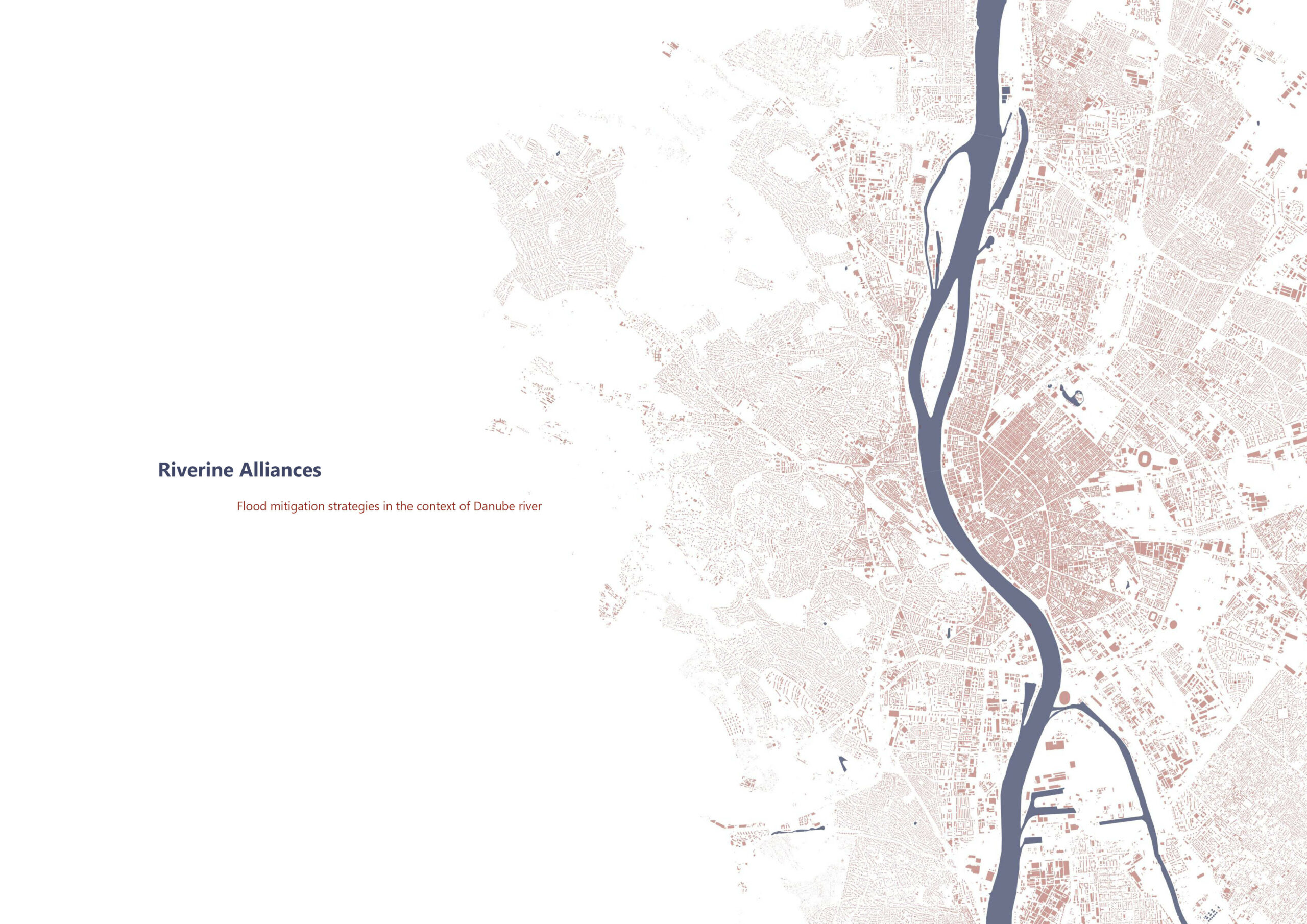Cesium: Visualizing the World in Unity
Creating a Visual Medium for the Visualization of Urban Data Using Cesium in Unity Engine for Geospatial VisualizationCesium for Unity bridges 3D geospatial data with Unity’s real-time development environment, enabling developers to create immersive, real-world simulations and applications. By integrating high-accuracy global datasets, 3D Tiles, and dynamic data feeds, it provides a robust framework for … Read more


